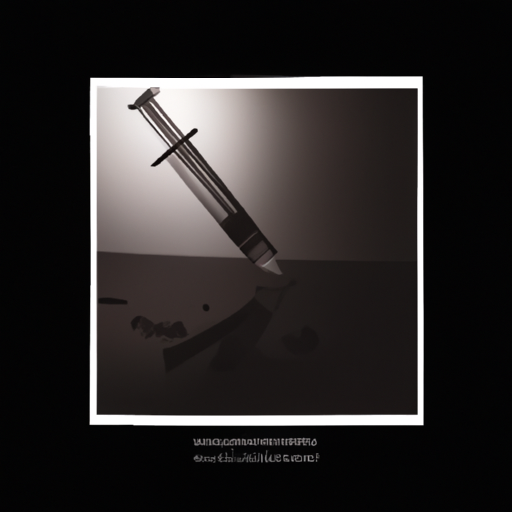A Disturbing Milestone: Alberta’s Milestone Rise in Opioid Deaths in 2023
As community leaders on the forefront of public health, our hearts sink as we face the bitter truth about the Canadian opioid crisis. Alberta, one of the ten provinces in Canada, set a grim record for opioid-related deaths in 2023. This unfortunate milestone provides a chilling benchmark of the torrid toll the opioid crisis is taking on our communities. With increasing frequency, individuals, families, and communities are shattered by loss and are left grappling with the devastating repercussions of opioid addiction.
The Statistical Reality of Alberta’s Opioid Crisis
In 2023, Alberta saw 916 estimated opioid-related deaths across the province, setting a tragic new high in the region’s battle against the persistent crisis. This statistic breaks down to around 76 deaths per month, or approximately two to three deaths every day. This number is significantly higher than the 2022 toll, which stood at 868 deaths across the province.
This surge in deaths underscores the severity of the opioid crisis in Canada. It signifies a humanitarian crisis on its own but also points to deeper systemic issues within society that go beyond mere access to drugs. Each figure in this tragedy reflects the life of an individual facing significant hardships. Common challenges include homelessness, socioeconomic instability, and untreated mental health disorders.
The Human Face of the Opioid Crisis
Opioid addiction affects diverse segments of the population and cuts across demographic boundaries. However, data shows a disproportionately high impact on men between the ages of 30 and 59, who account for over 70% of opioid-related deaths. This bleak picture of lost productivity and shattered lives highlights the urgent need for proactive measures to combat the crisis.
Efforts Towards Combating the Opioid Crisis
As the crisis escalates, communities, experts, and policymakers are determined to mitigate its impact. Alberta launched Canada’s first opioid court in 2017 to address the relationship between crime and drug addiction. The opioid court was founded on principles of harm reduction and recovery, aiming to reduce reoffending rates by addressing the root causes of criminal behaviour. Such initiatives acknowledge the complex interplay between opioid addiction, crime and homelessness, offering person-centred solutions to break the cycle.
The province also joined the Canadian opioid abatement class action as a measure to hold pharmaceutical companies accountable for aggressive marketing tactics. This landmark class-action lawsuit, launched by a hundred public entities across Canada, is aimed at recovering government costs related to the opioid crisis.
Alongside this, Alberta Health Services has introduced naloxone kits and training seminars across the province. Naloxone, an opioid antagonist, has proven effective in preventing overdose deaths. By expanding access to Naloxone, the goal is to ensure immediate steps can be taken to save lives during an opioid overdose.
Key interventions taken to combat the opioid crisis:
- Establishment of Canada’s first opioid court.
- Participation in the Canadian opioid abatement class action.
- Expansion of access to naloxone kits and training seminars.
Closing Thoughts
This rising tide of opioid-related deaths in Alberta paints a worrying picture of the Canadian opioid crisis. It is a bitter reminder that despite ongoing public health initiatives, the scale and depth of the problem continue to extend. We must remain vigilant in our collective efforts to tackle opioid addiction and its associated challenges including homelessness and crime.
As civic and community leaders, it is vital we drive efforts to extend the reach of structured programs, establish harm reduction strategies, and bolster our mental health and addiction resources. The human cost of this crisis is too high a price to be paid for inaction.
